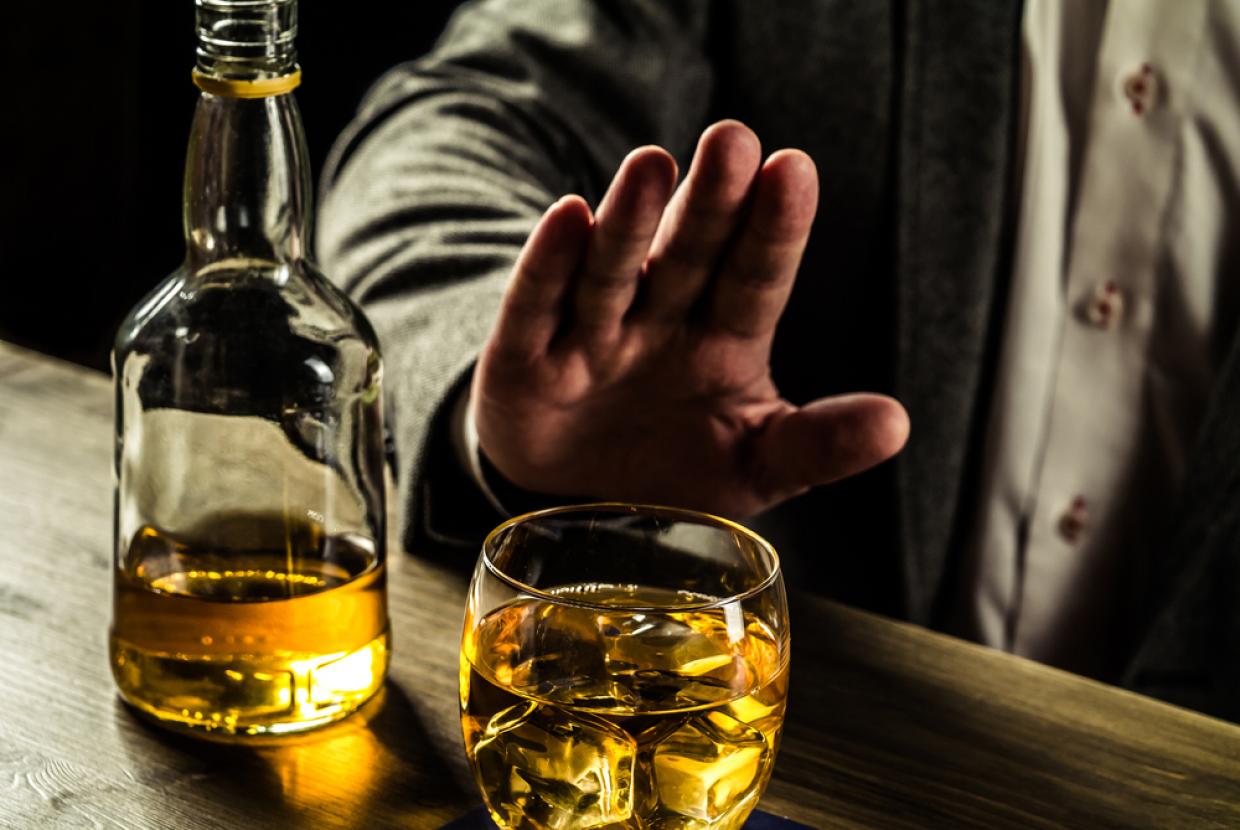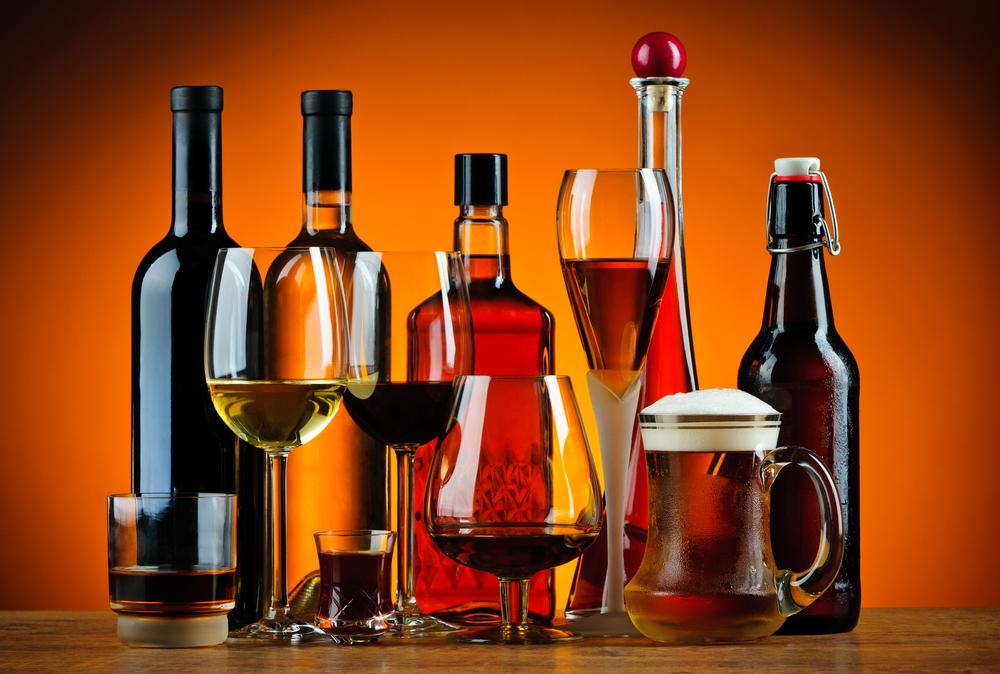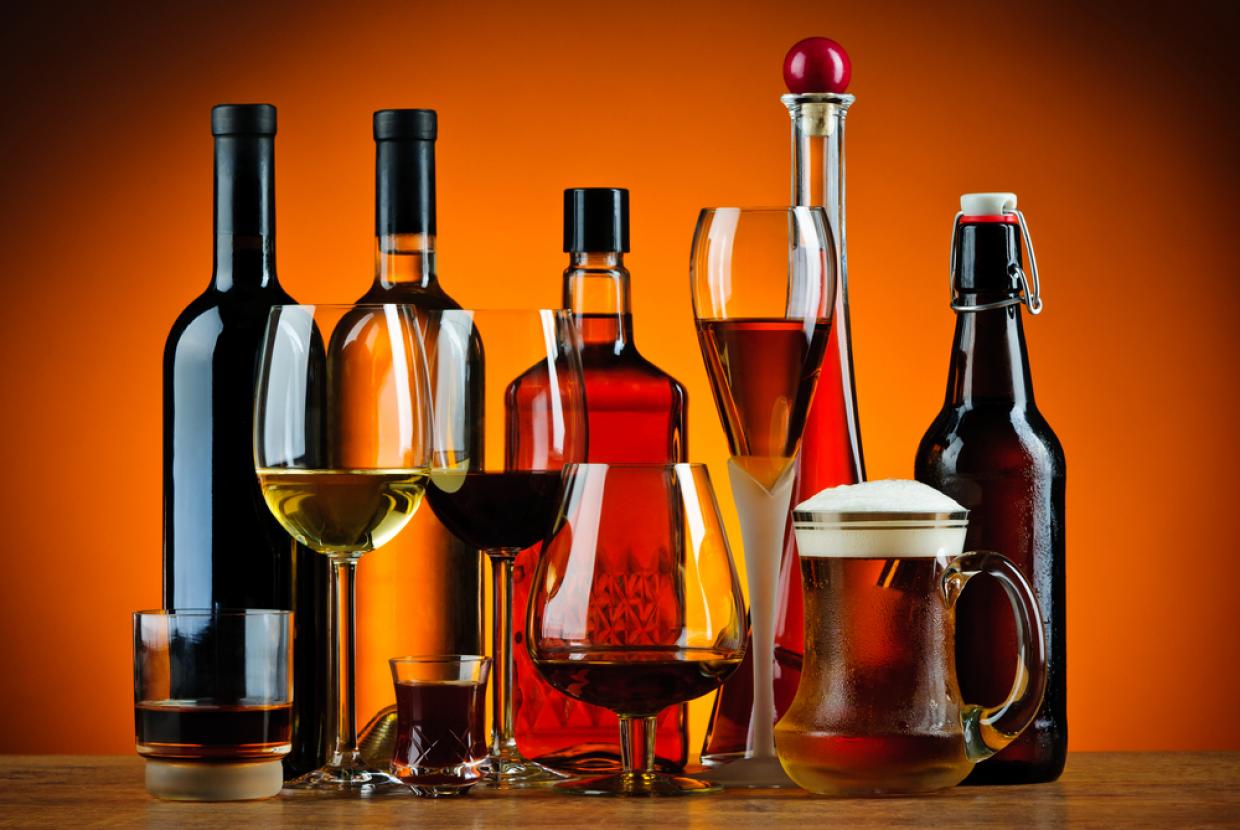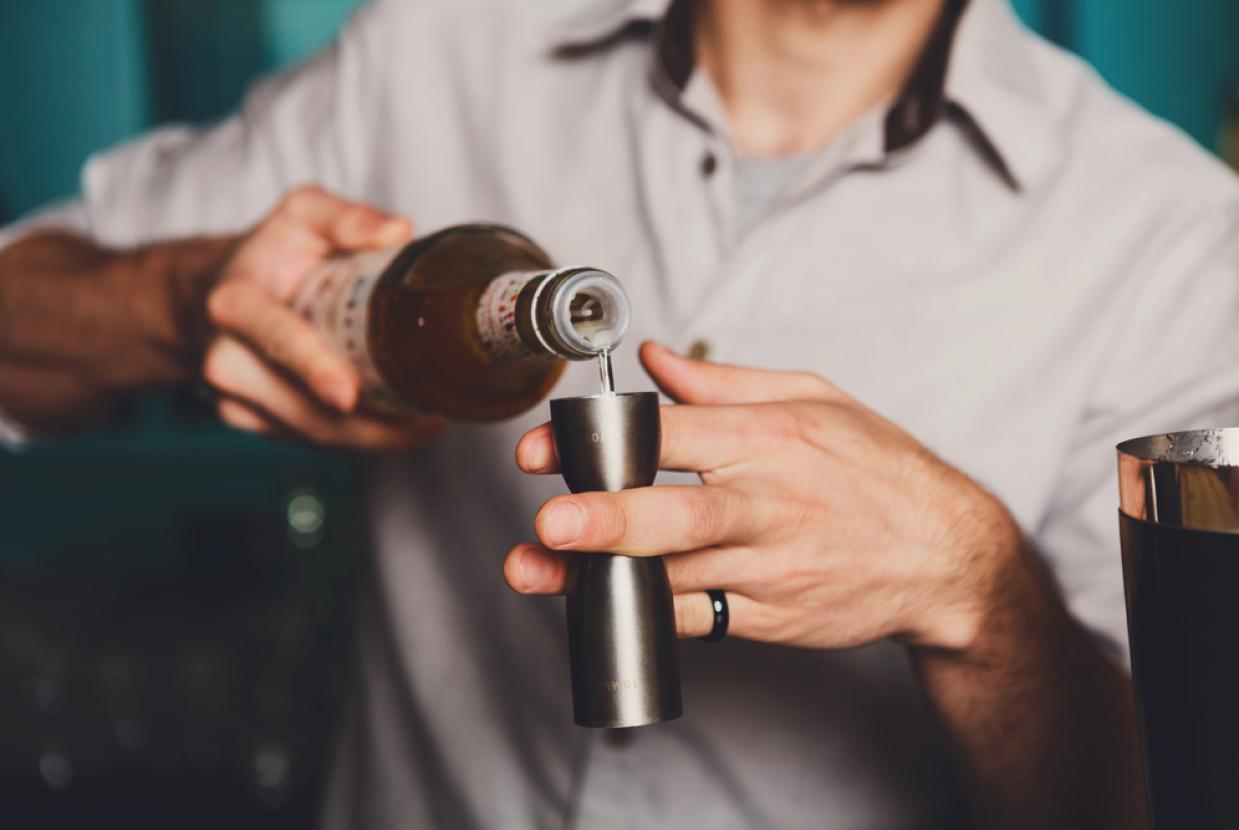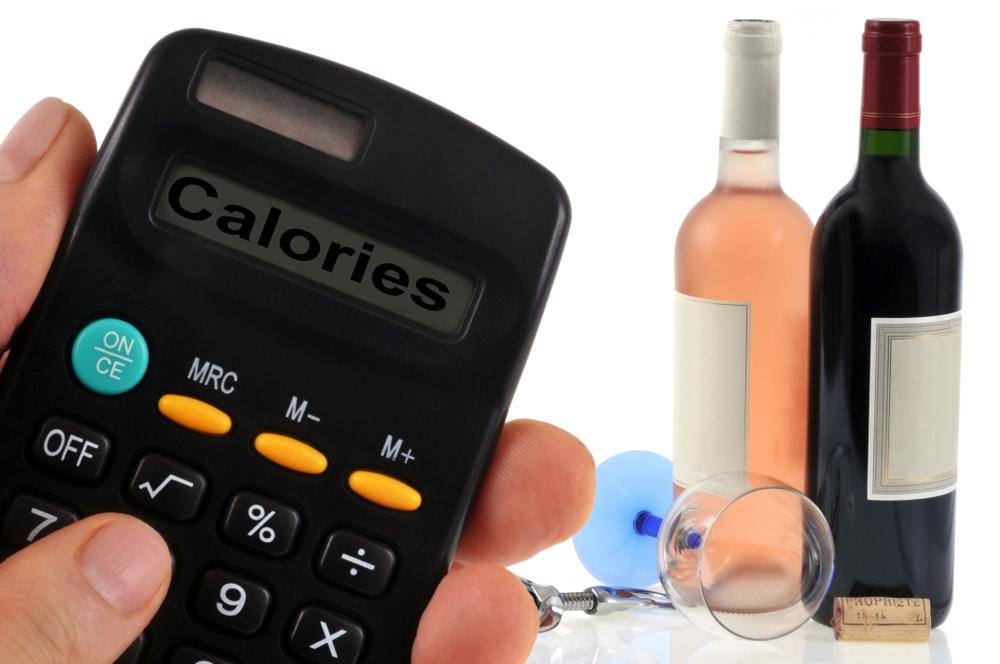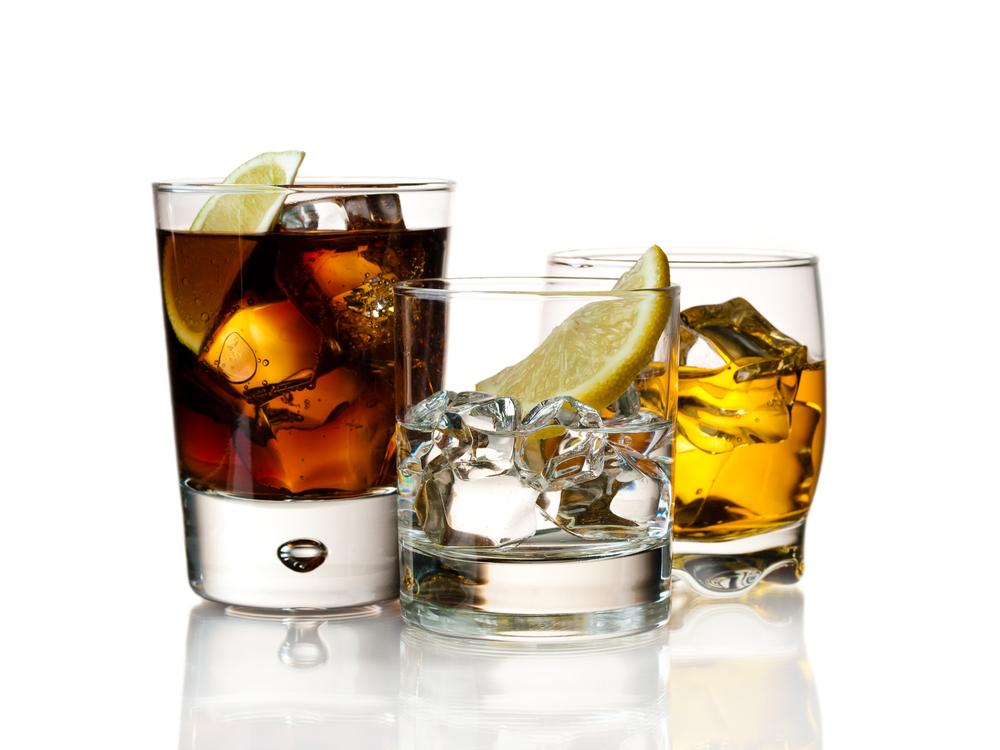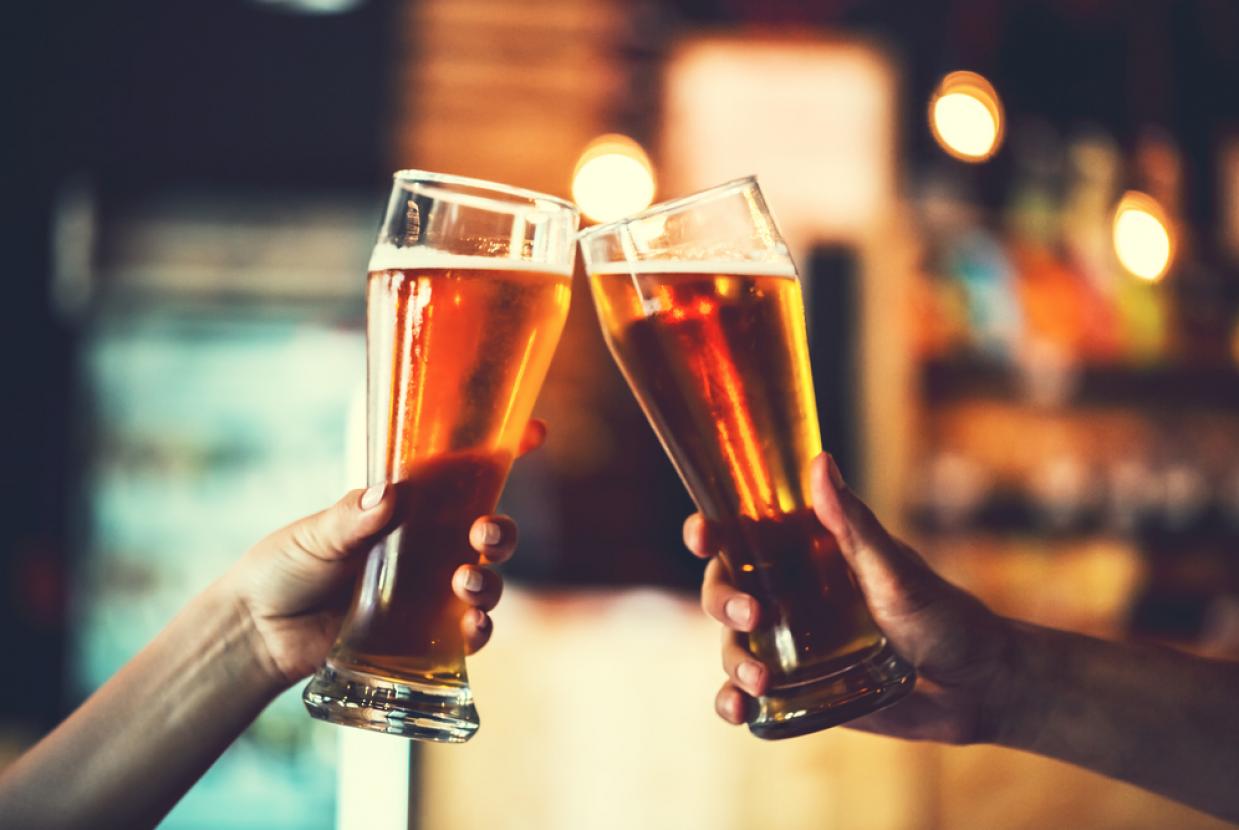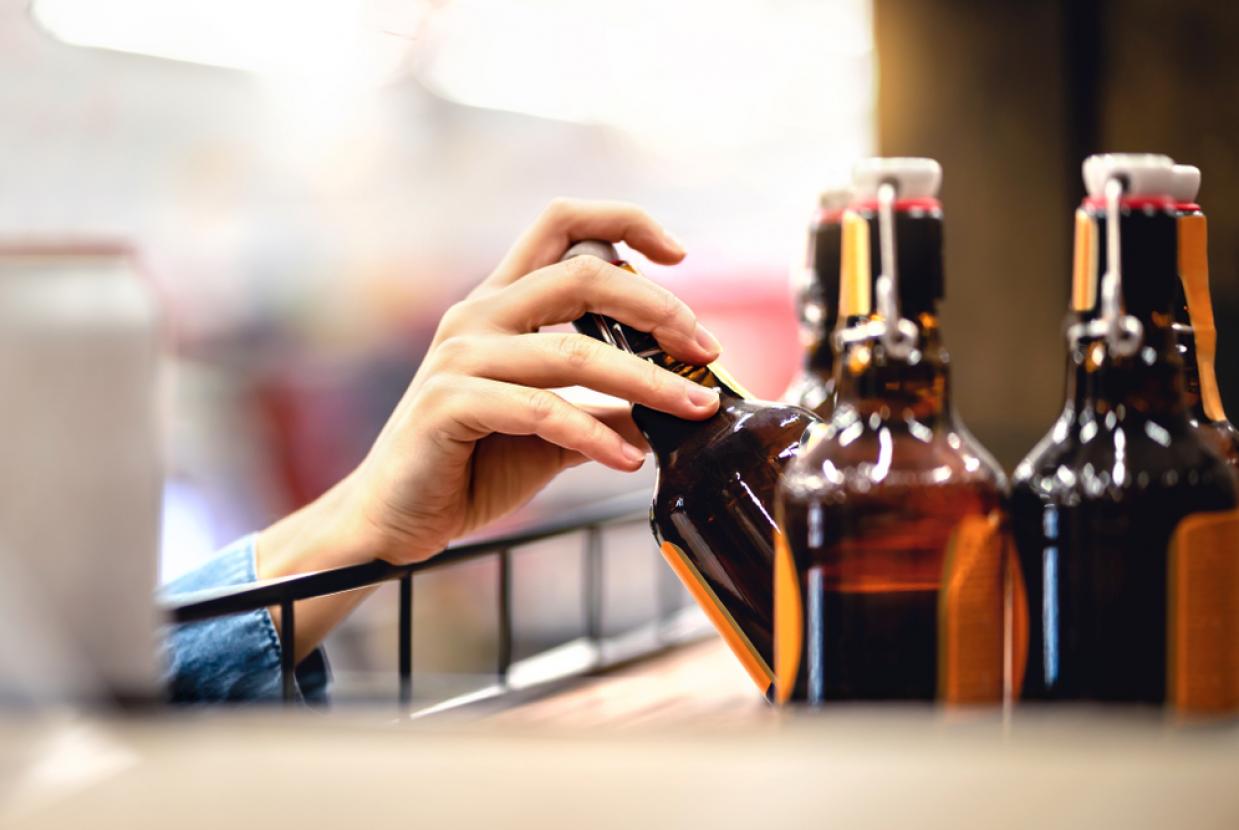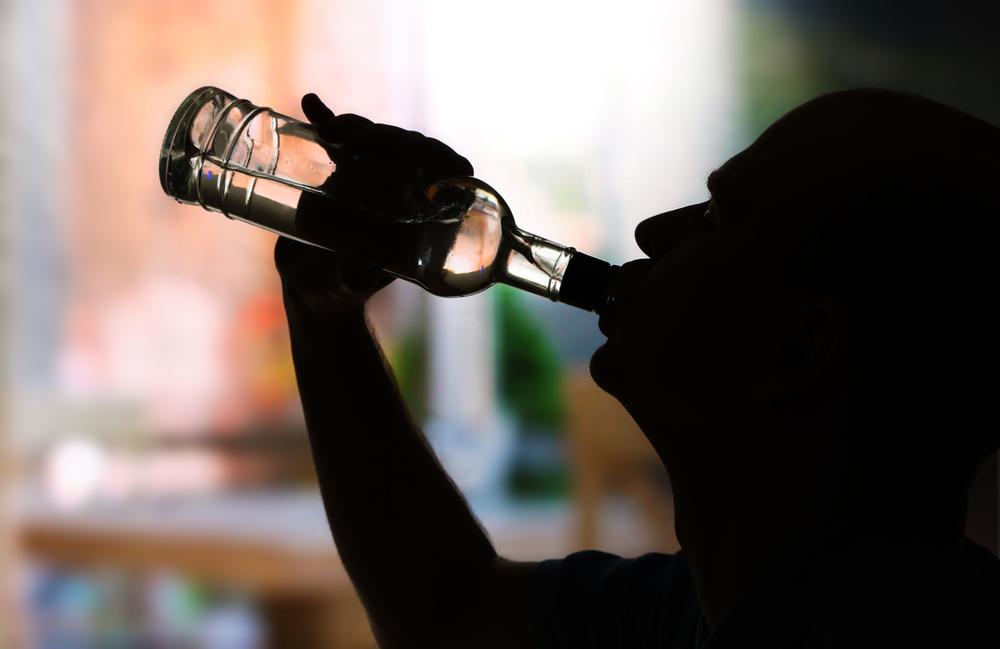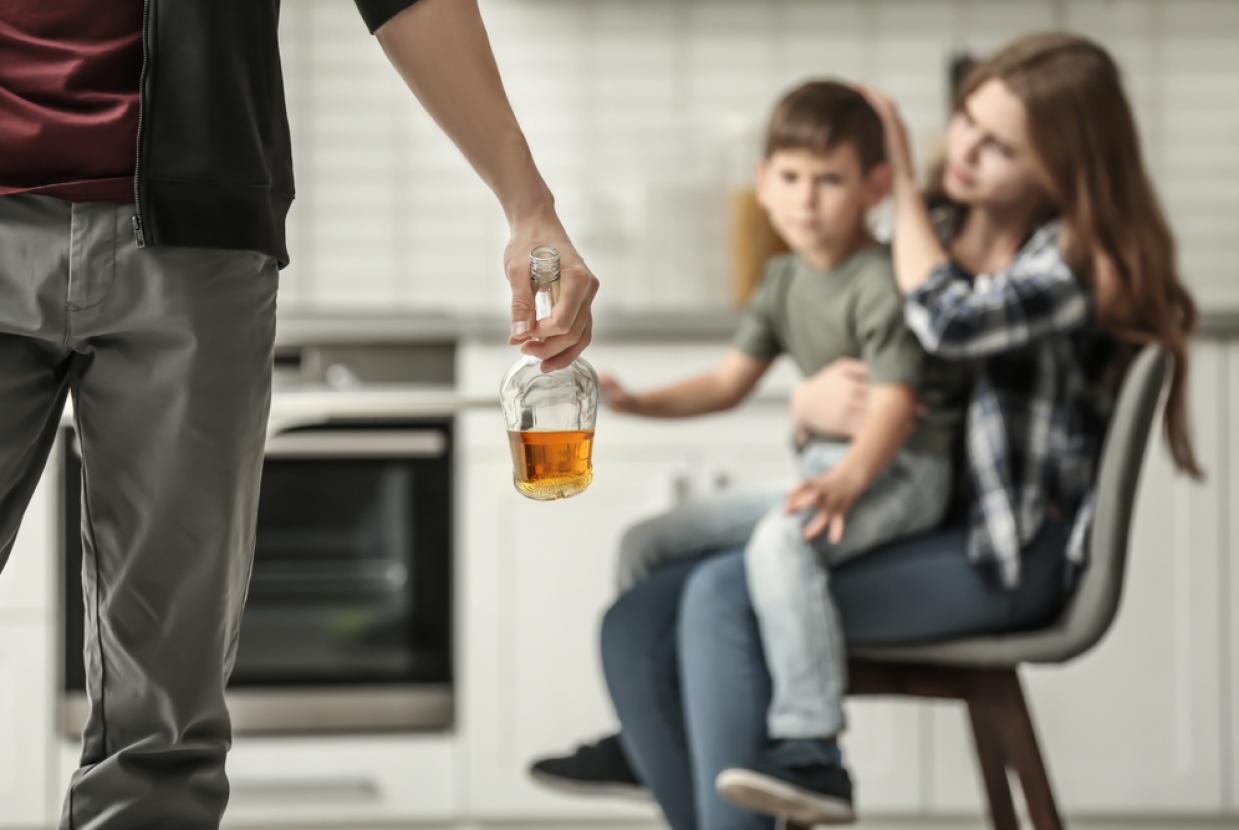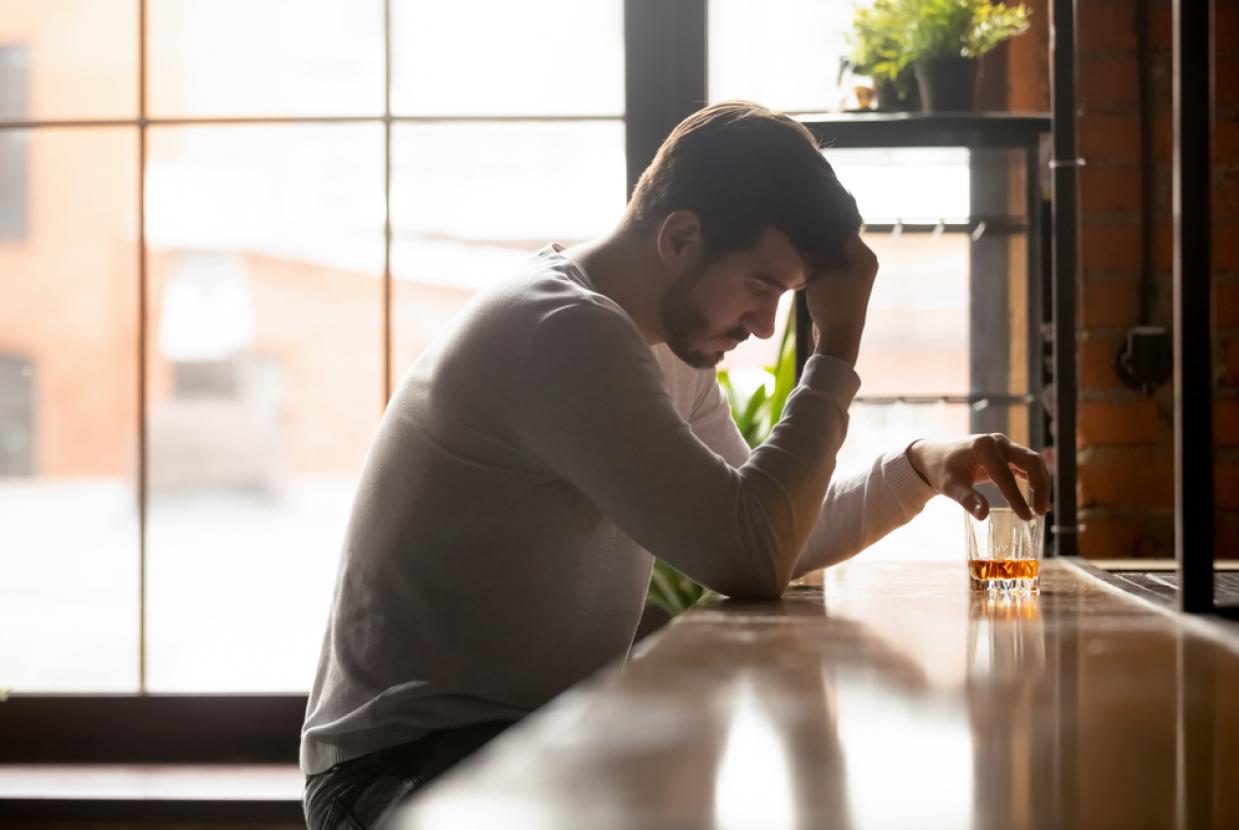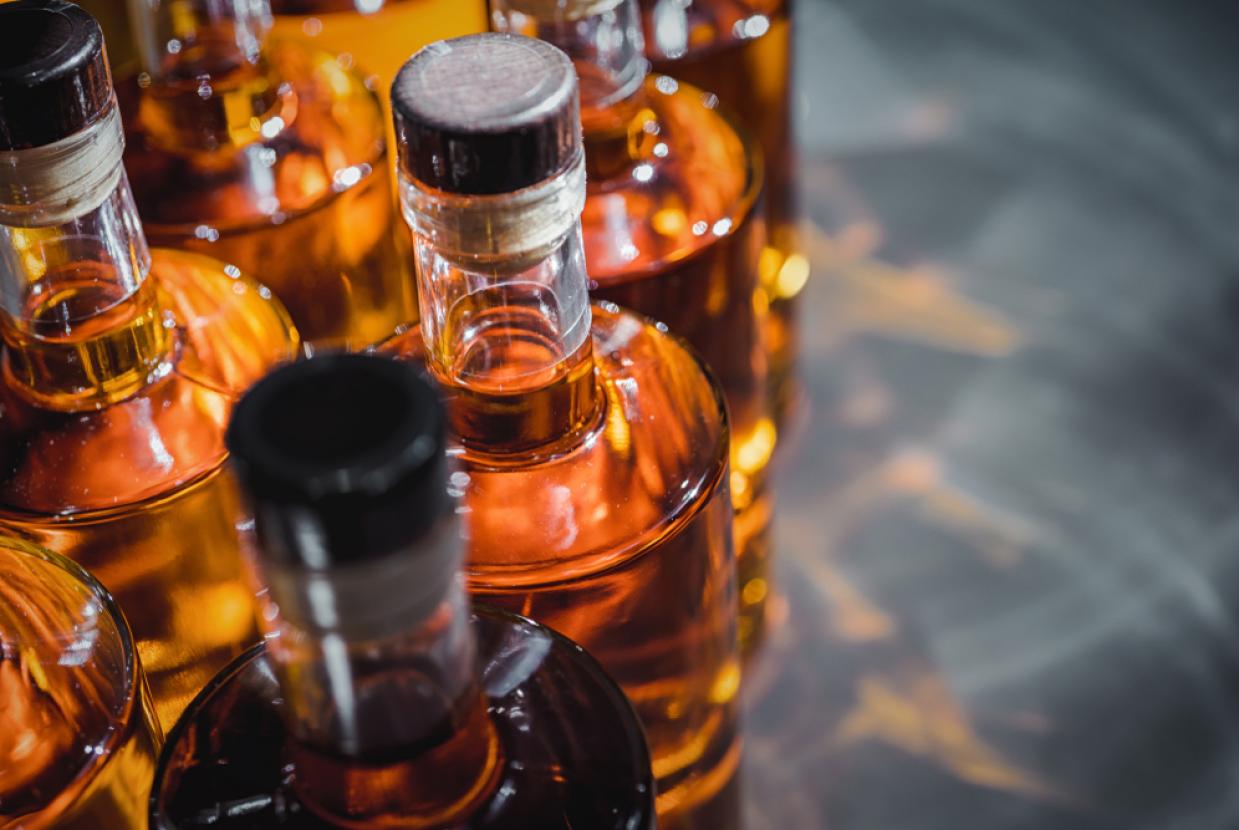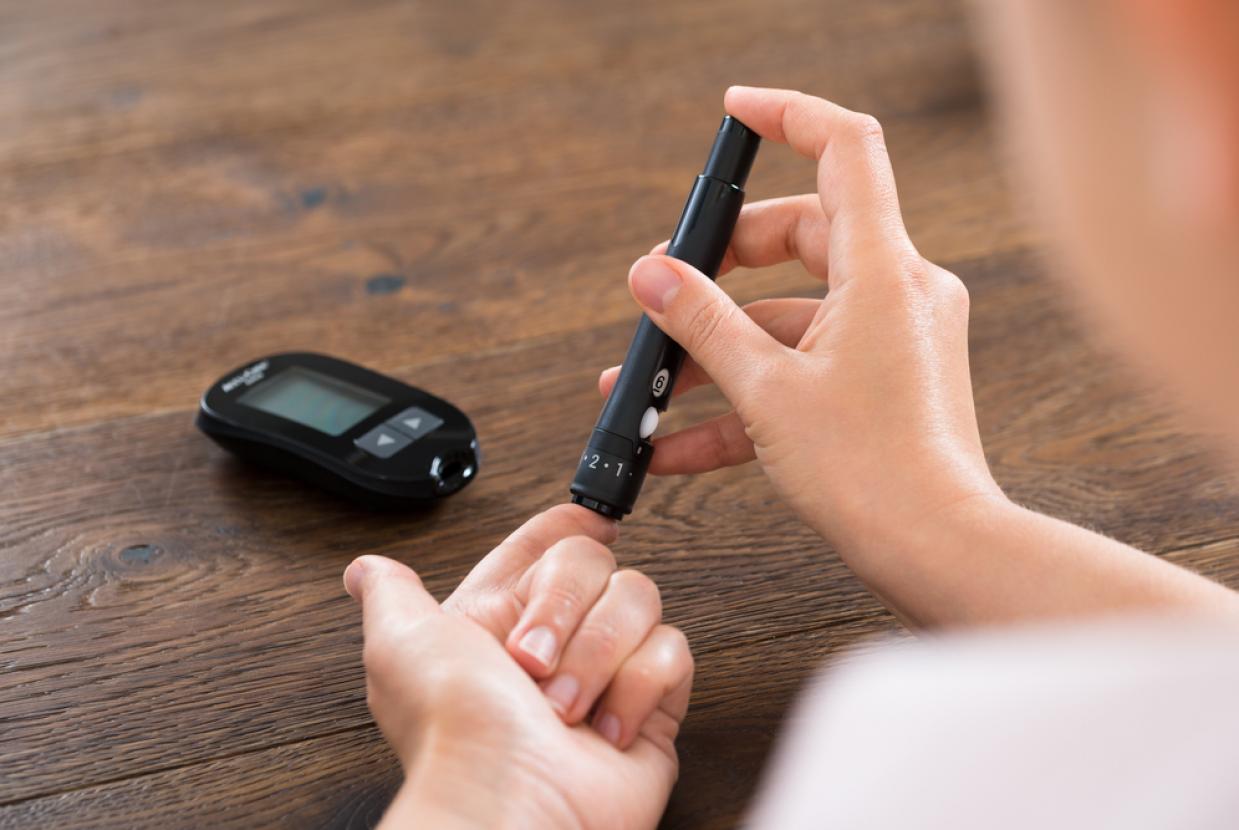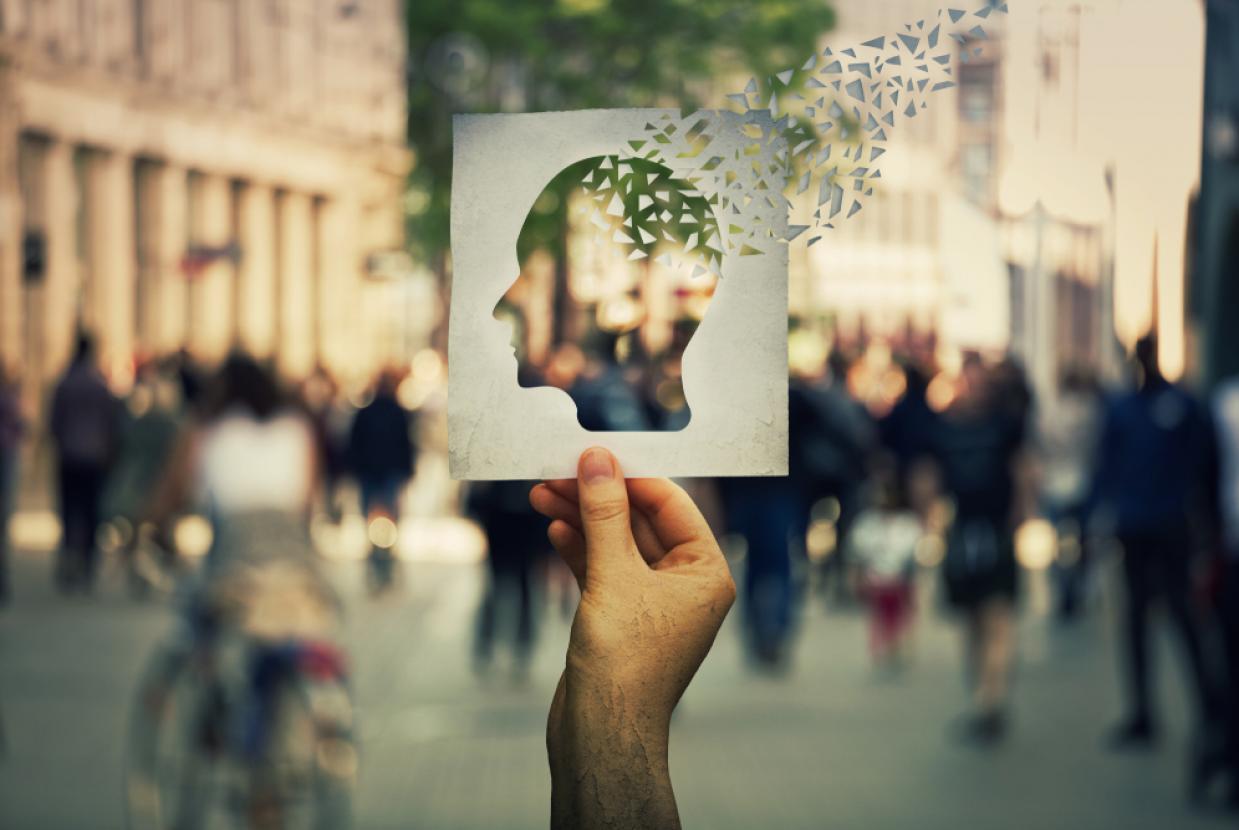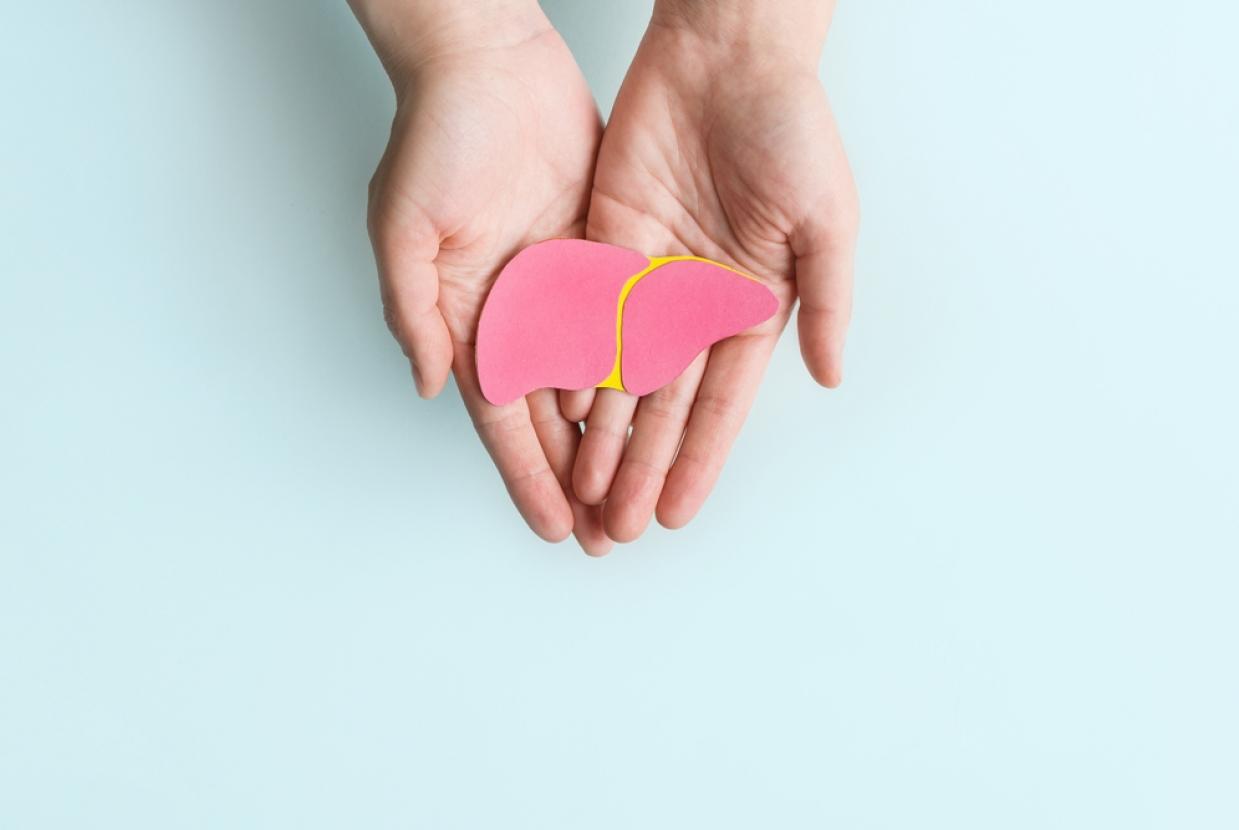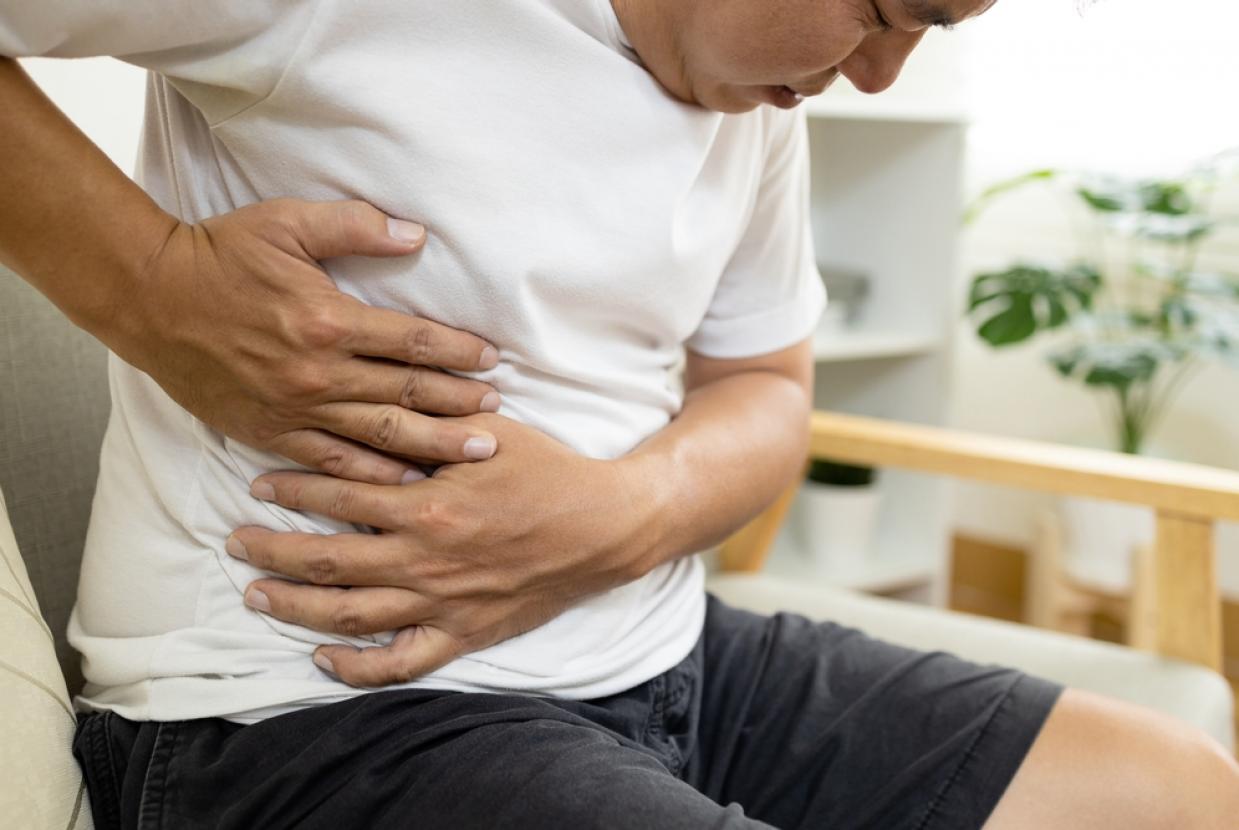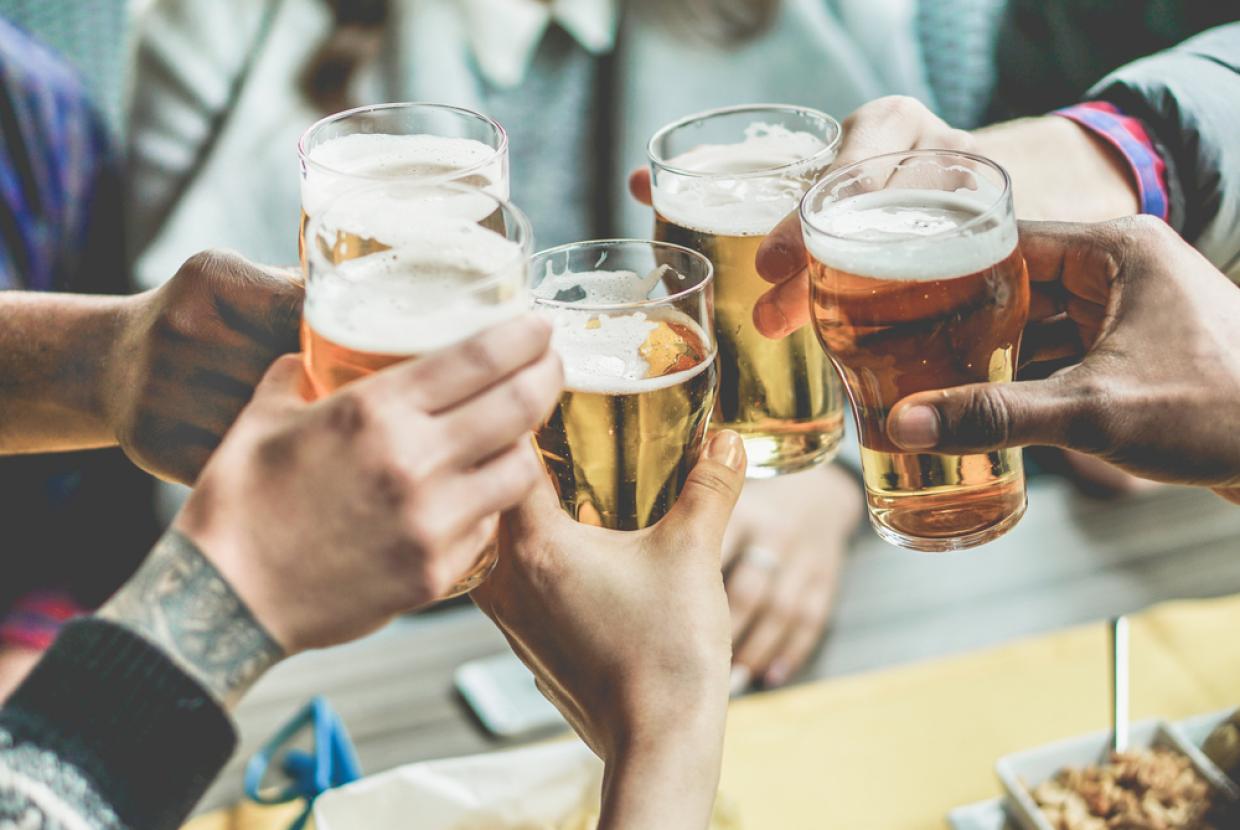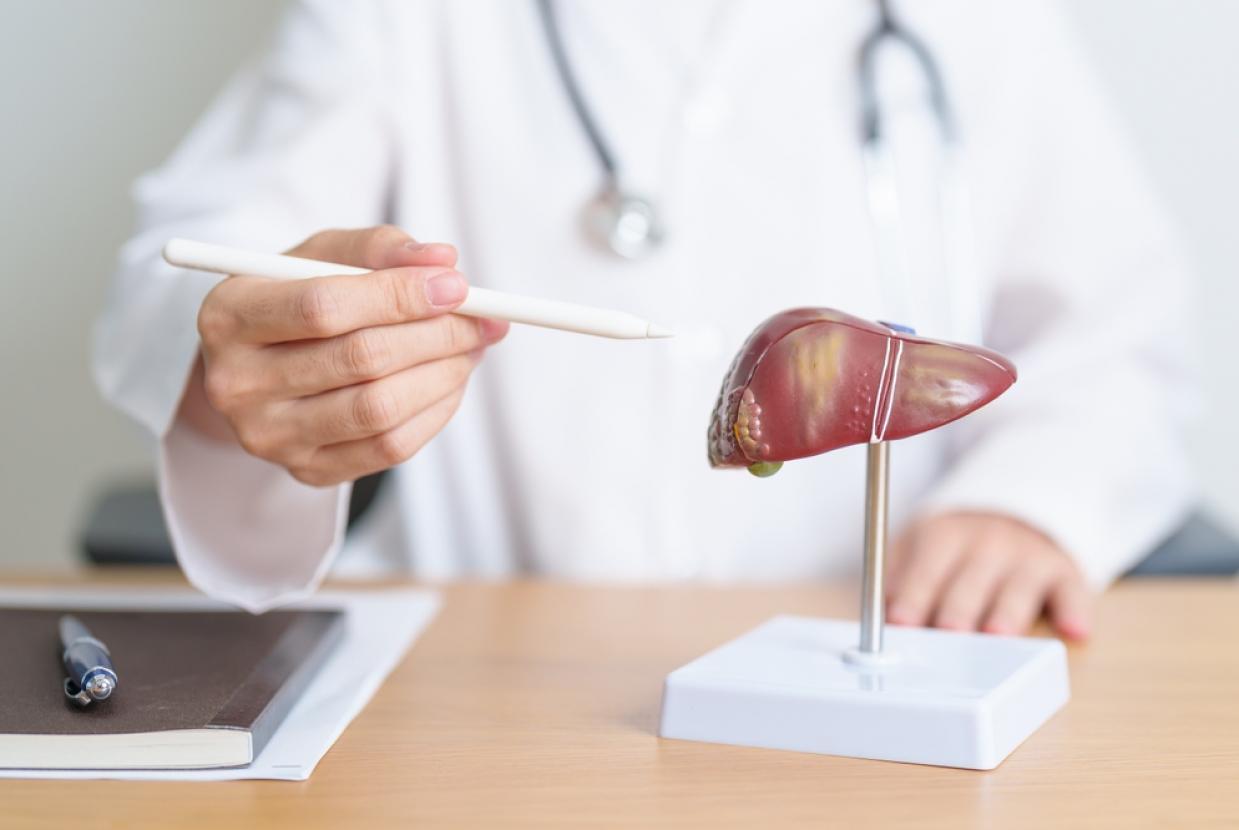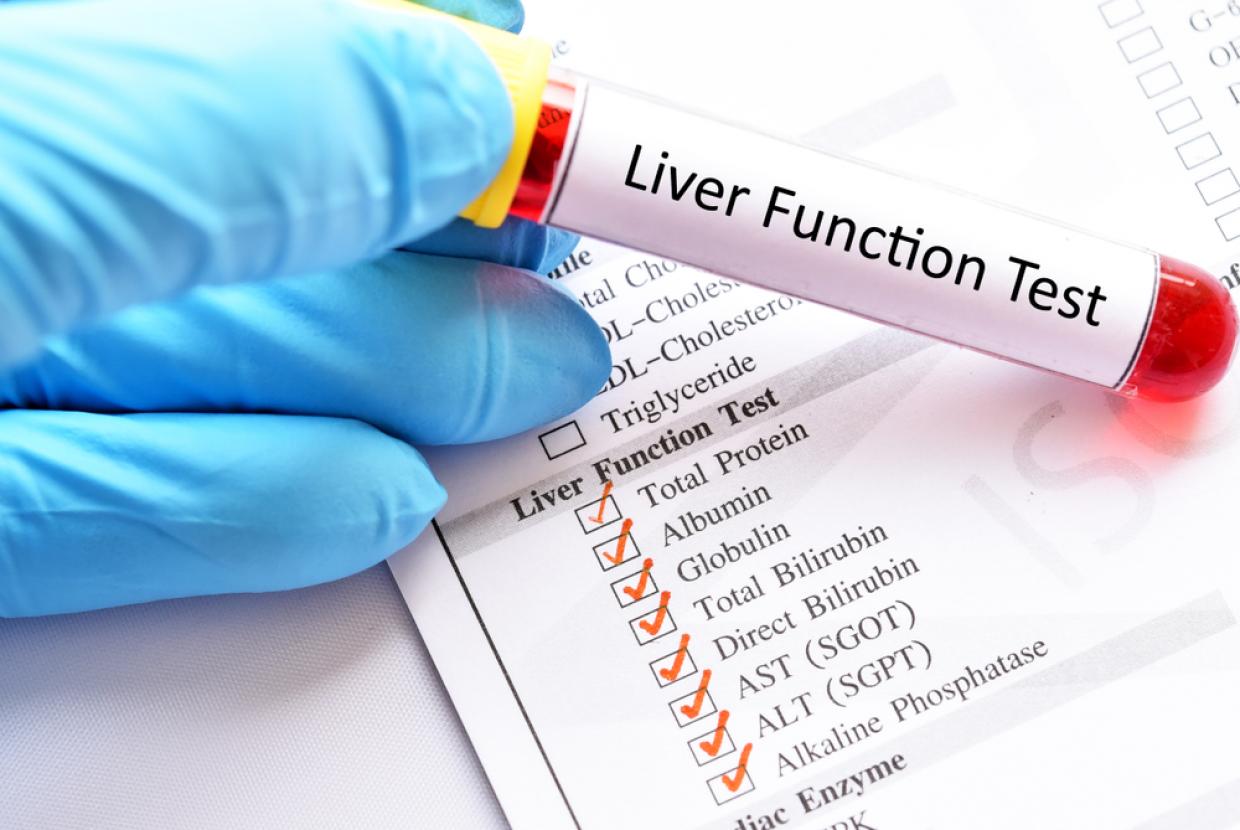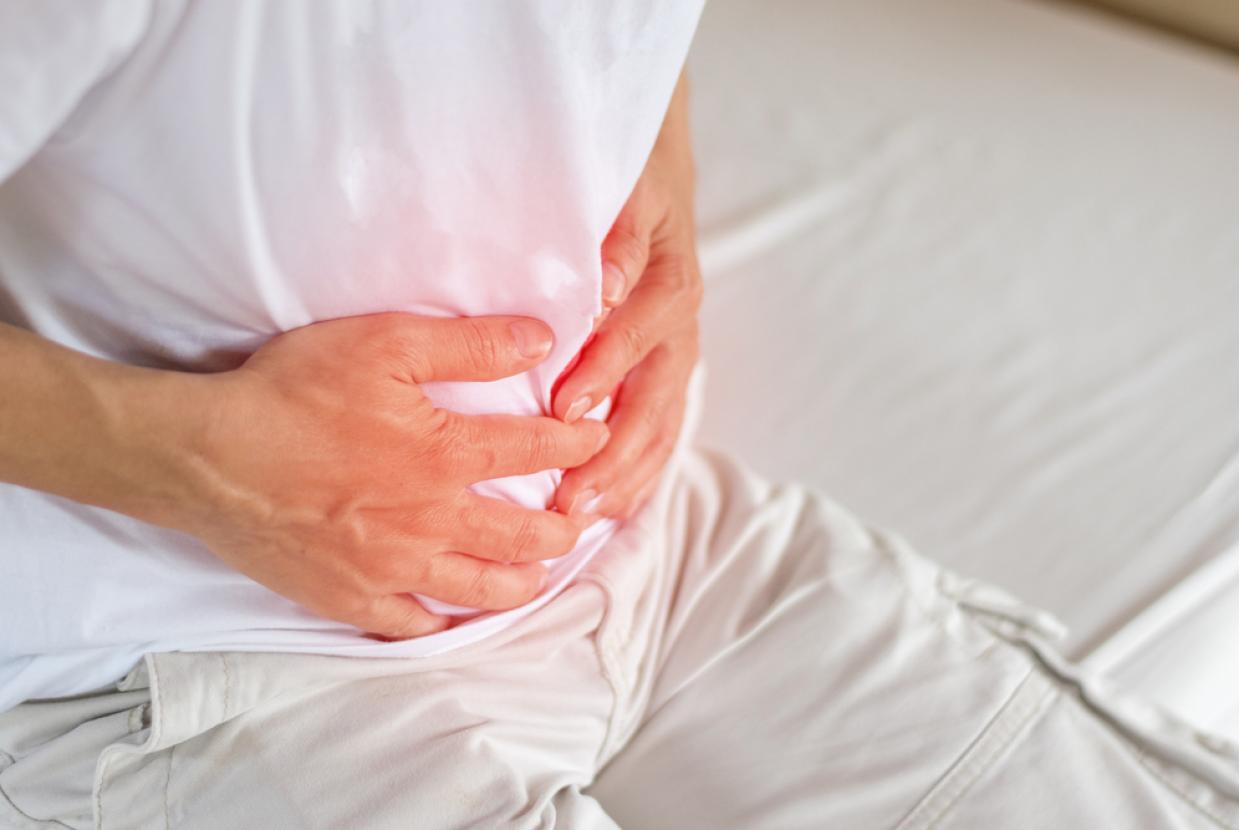What Can Increase Your Risk Of Becoming Dependent?
Things that increase your risk of alcohol dependence include:
- a family history of alcohol dependence
- starting to drink alcohol at a young age
- experiencing abuse, neglect or trauma in childhood
- being male
- having mental health problems, for example, depression, anxiety, post-traumatic stress disorder (PTSD)
- abusing other substances, such as tobacco, illegal drugs, or prescription medicines
- living in an environment where alcohol is easy to get or people drink a lot
Even if none of these apply to you, you can still become dependent on alcohol. Talk to your GP or other healthcare provider if you are worried that you may be at risk of alcohol dependence.
Alcohol dependence in families
Alcohol dependence runs in families. Some genes increase the chance of you becoming dependent on alcohol. These genes can be passed from parents to children.
But the genes only increase the risk. It doesn't mean you will become dependent on alcohol if you have the genes. It means you are more at risk of becoming dependent than someone without this family history.
If there is a history of alcohol dependence in your family, you may need to take extra care with alcohol.
How to avoid alcohol dependence
Stay within the weekly low-risk alcohol guidelines. Have 2 to 3 alcohol-free days a week and avoid binge drinking. Alcohol dependence can develop slowly. It can be affected by some or all of the things listed above. It can also develop from drinking often to relax and cope with stress or to wind down.


